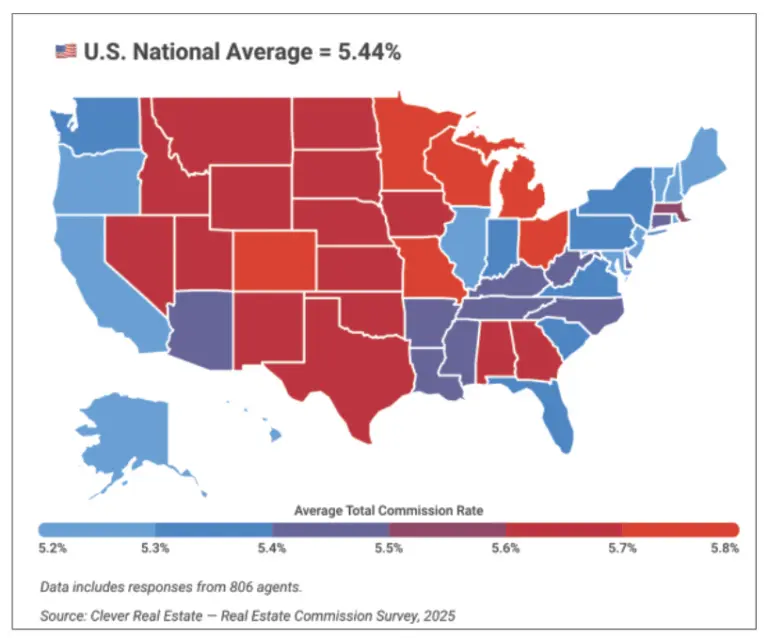Eight centuries ago, a man from Assisi stepped away from wealth and status and into poverty, prayer, and creation. Francis of Assisi did not write theological treatises; he lived them. He called the sun his brother, the moon his sister, and the birds his parishioners. He believed the natural world was not background but kin. His radical notion—that all creation reflects God’s goodness—reshaped Christian imagination.
The annual Blessing of the Animals derives from Francis’s conviction. It has endured because it answers something deep in us: the desire to acknowledge that the loyalty of a dog, the independence of a cat, the calm persistence of a horse are not accidents. They are gifts.
This October, New Canaan’s churches will again take up this Franciscan practice. At St. Mark’s Episcopal, the Arcade becomes a sanctuary for “critters of all shapes and sizes.” Families bring dogs, cats, sometimes horses, even stuffed animals clutched by children who refuse to be left out. The Congregational Church of New Canaan will do the same on the steps of God’s Acre, offering blessings, certificates, and photographs. Other churches—Catholic, Methodist, Presbyterian—will also gather parishioners and pets. The form differs, the purpose is the same.
It would be easy to see these as sentimental ceremonies. They are not. They are acts of clarity in a distracted age. Francis saw what many of us forget: that dominion over animals does not mean license to use, but responsibility to care. To bless animals is to remind ourselves that stewardship, not exploitation, is the proper order of things.
In New Canaan, where daily life is measured in schedules and responsibilities, the blessing services offer a counterpoint. They slow us down. They ask us to recognize that the dog who greets us each morning, the cat who sits at the edge of a child’s bed, the horse who waits at the stable—all embody a trust we should not betray. These moments on church lawns are not diversions. They are public declarations that gentleness is part of civic character.
Francis believed creation was indivisible. He preached to the birds not because they needed a sermon but because people did. His actions told his neighbors: you are not at the center of the universe; you are part of it. The blessing of animals continues that lesson. It insists that our relationship to the world is not ownership but communion.
For New Canaan, this matters. Communities are measured not only by budgets and schools but by what they choose to honor. When churches gather to bless animals, they affirm that compassion is not secondary to civic life but central to it. The dog nosing a child’s hand on God’s Acre, the cat lifted from a carrier for prayer, the horse standing quietly by the Arcade—each scene is a lesson in what kind of town New Canaan is, aspires to be.
The French writer Anatole France was right: “Until one has loved an animal, a part of one’s soul remains unawakened.” These services awaken that part. They remind us that affection is not trivial, that loyalty can be unconditional, and that joy need not be purchased.
St. Francis gave the church a way of seeing creation with reverence. New Canaan carries it forward, not in grand gestures but in small benedictions. The blessing of a dog or cat is not an eccentric custom but a moral statement: that the measure of a town includes how it treats its creatures.
This October, as parish greens and church steps fill with families and their pets, New Canaan will once again affirm that truth. In blessing the animals, it blesses itself.


